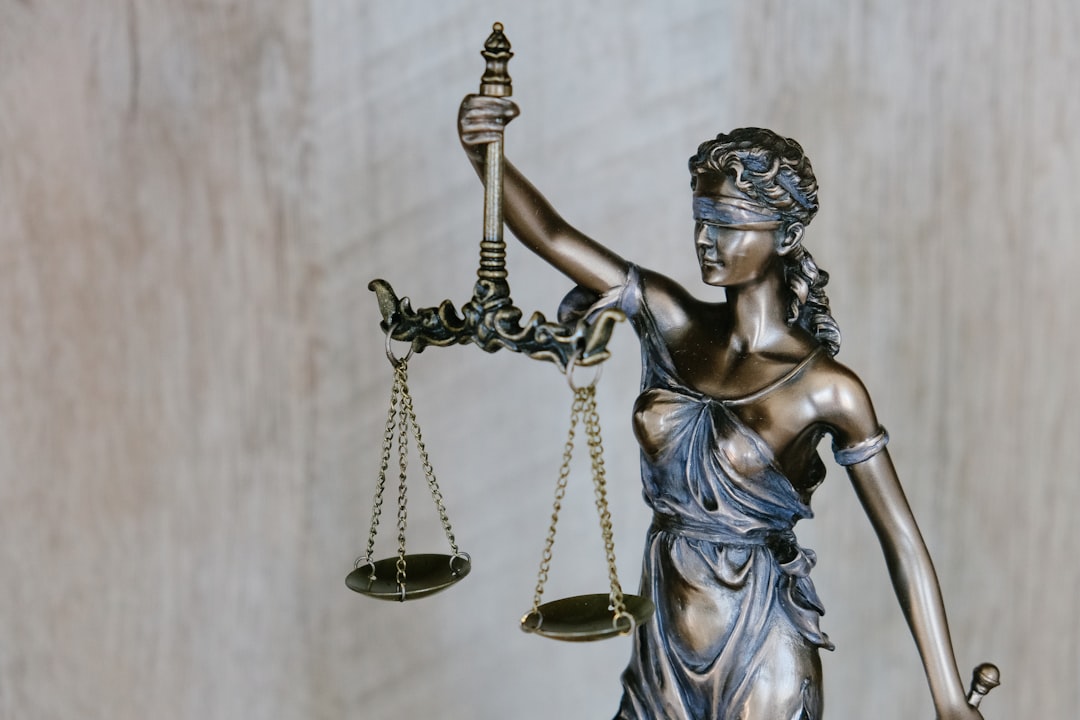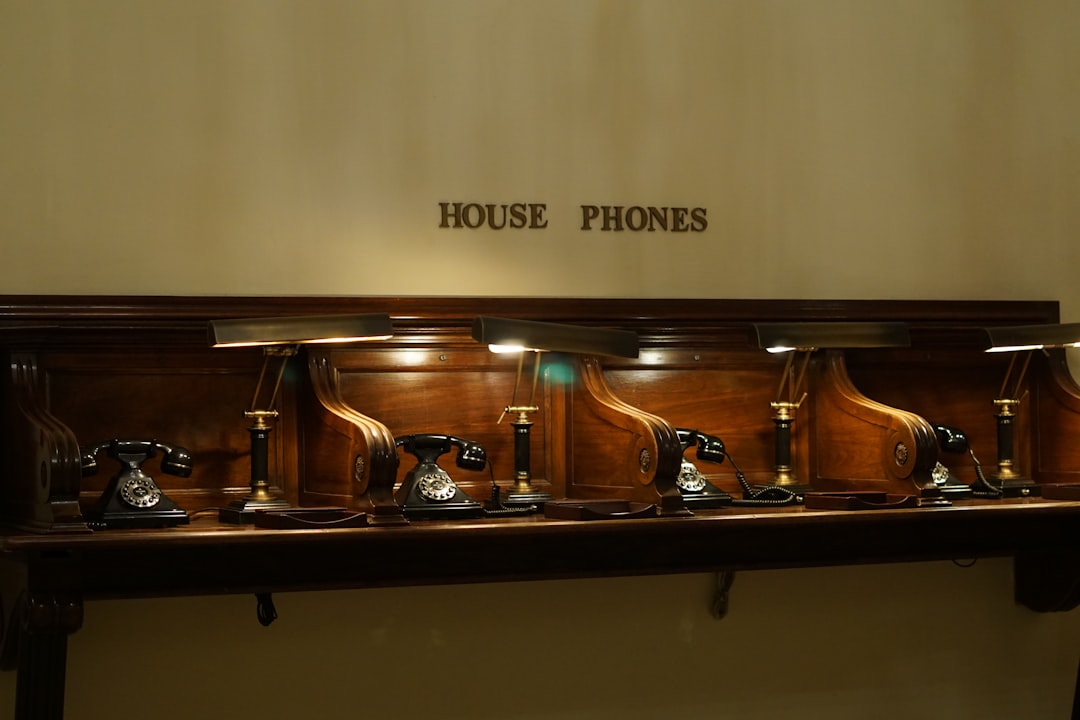The rollout of 5G in Chattanooga, Tennessee, enhances Do Not Call (DNC) enforcement for local lawyers by enabling real-time data exchange, faster verification of opt-out requests, and advanced tracking of violators. This technology streamlines processes, increases efficiency, and empowers lawyers to protect consumer rights against nuisance calls, fostering a smoother transition into the digital age for both legal professionals and clients.
Chattanooga is on the cusp of a technological revolution with the rollout of 5G, promising significant changes in various sectors. Among them, do not call enforcement is poised for a remarkable transformation. This article explores how 5G will reshape communication and consumer protection in Tennessee, specifically focusing on the role of Do Not Call lawyers. From enhanced real-time communication to faster data transfer, 5G technology brings both challenges and opportunities, paving the way for a future where effective do not call practices become more dynamic and efficient.
5G's Role in Real-Time Communication

The rollout of 5G technology promises a significant leap in communication capabilities, offering faster speeds and reduced latency compared to its predecessors. This enhanced connectivity will play a pivotal role in real-time applications, especially for businesses and organizations that heavily rely on immediate data exchange. In Chattanooga, Tennessee, where Do Not Call laws are strictly enforced, the introduction of 5G could streamline the processes for both regulators and consumers.
Real-time communication becomes more accessible with 5G, enabling efficient verification of consumer opt-out requests. Do Not Call lawyers in Tennessee can leverage this technology to quickly validate subscriber preferences, ensuring compliance with regulations. This timely validation process contributes to a smoother enforcement mechanism, empowering businesses to respect consumer choices while maintaining effective marketing strategies.
Enhanced Data Transfer for Better Verification

With the advent of 5G technology, verification processes in the Do Not Call enforcement system are poised for significant enhancement. The rapid and reliable data transfer capabilities of 5G networks enable real-time cross-referencing of caller information against registered do-not-call lists, ensuring accuracy and efficiency. This advancement is particularly beneficial for Do Not Call lawyers in Tennessee who rely on prompt verification to protect consumers from unwanted calls.
By streamlining the data exchange process, 5G technology reduces delays and human errors often associated with traditional communication methods. As a result, do-not-call enforcement becomes more effective, allowing legal professionals to focus on advocating for consumer rights without being bogged down by cumbersome verification procedures.
Improving Consumer Protection through Speed

The introduction of 5G technology promises significant improvements in communication speed, which can greatly benefit Do Not Call enforcement in Chattanooga and across Tennessee. With faster data transfer rates, this advanced network allows for real-time monitoring and blocking of unwanted calls, enhancing consumer protection.
Do Not Call lawyers in Tennessee can leverage this new infrastructure to strengthen their cases against telemarketers violating do-not-call lists. The speed and reliability of 5G networks ensure that enforcement actions can be swiftly initiated and executed, deterring potential violators and providing relief to consumers who have been bothered by unwanted calls.
Challenges and Opportunities for Do Not Call Lawyers

The advent of 5G technology presents both challenges and opportunities for Do Not Call lawyers in Chattanooga, Tennessee. With enhanced network speeds and connectivity, consumers are increasingly using mobile devices to register complaints about unwanted calls, making it crucial for legal professionals to stay ahead of this technological curve. This shift could lead to a surge in online submissions and real-time interactions with clients, demanding efficient digital case management skills from Do Not Call lawyers.
On the other hand, 5G’s improved infrastructure paves the way for innovative solutions in telecommunications law. It enables more sophisticated tracking of call origins and metadata, potentially making it easier to identify and hold accountable violators of Do Not Call regulations. For Tennessee-based Do Not Call lawyers, this means a new era of case preparation, evidence collection, and argumentation strategies tailored to the digital age.
Future of Do Not Call Enforcement in Chattanooga

Chattanooga, like many cities across the nation, is on the cusp of a significant technological shift with the arrival of 5G networks. This advanced mobile technology promises faster data speeds and reduced latency, which could bring about a new era in communication and privacy enforcement, including Do Not Call (DNC) regulations. With the ability to connect more devices at unprecedented speeds, 5G may enhance current DNC practices by enabling more efficient monitoring and compliance tracking.
Do Not Call lawyers in Tennessee can play a pivotal role in navigating this evolving landscape. They will need to stay updated on the latest technological advancements and their implications for consumer privacy rights. As 5G integration deepens, these legal professionals can assist businesses and individuals in understanding and adapting to new DNC enforcement methods, ensuring compliance and protecting consumers from unwanted communication.






